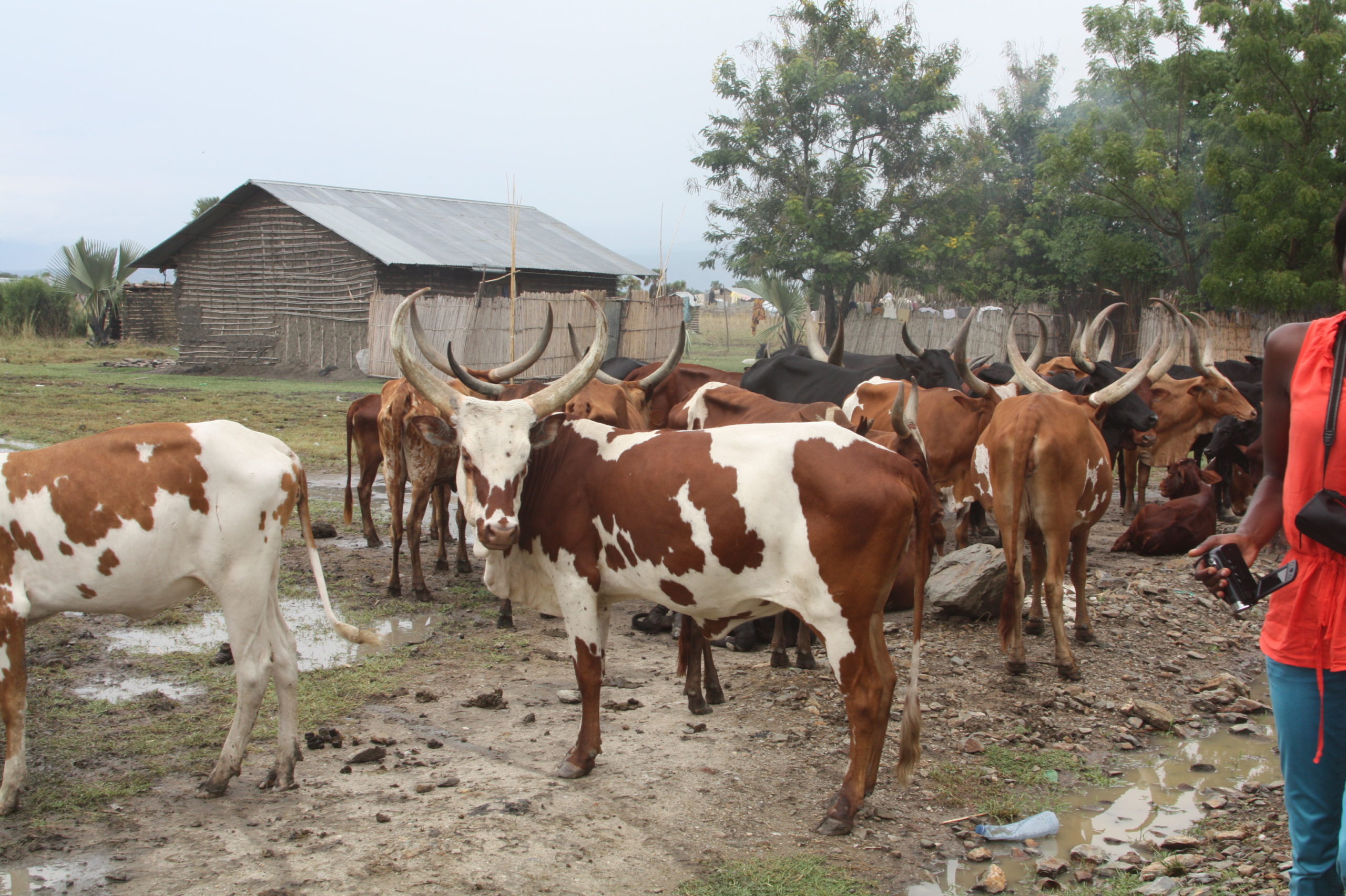Cattle marketing cooperatives in Ntoroko are crying foul as the president’s 32 day ban on cattle markets begins to take its toll.
On 18th March this year, the often crowded monthly or bi-weekly cattle markets were among the “public gatherings” suspended for 32 days by President Museveni as part of measures to limit the spread of the COVID-19 pandemic. He suggested that cattle traders sell their animals right at their farms.
For Ntoroko district, especially in the cattle corridor of Butuku where locals depend on their cows both for income and food, the directive came as a catastrophe.
The Chairperson, Butuku Cattle Marketing Cooperative Society, Mr. Charles Kasoro, told the theCooperator that the situation is very difficult for them because selling cattle is their only income generating activity. As such, he said, the cattle markets are vital for their survival.
“We do not dig, so if we cannot sell our cattle, we cannot get food,” Mr. Kasoro says. “We have been selling our cows to in the neighbouring districts of Bundibugyo and Kabarole and in return, they also sell us food; but now we are stuck,” Kasoro said.
Mr. Kasoro says the shutdown of all borders, another of the measures targeting the spread of the pandemic, cut off their access to the Democratic Republic of the Congo where members have hitherto sold their cows.
“Although the president said we should sell our cows from home, there are no buyers because people’s homes are far apart and hard to access,” he explained, adding that the situation was further exacerbated when restrictions were placed on transportation.
“While food markets were not closed, it remains a challenge for the people to access food in the market because most food vendors come from outside Butuku, which is too far for them to walk.”
Noose tightens
Following the first address (18th March), ever more stringent measures were rolled out over the subsequent two weeks, eventually resulting in a near-complete shutdown of the economy, with the only the most essential services being permitted to continue.
For his part, the Chairperson of the 200-member Butungama Cattle Marketing Cooperative Society, Mr. Bomera Asante says they are worried about the security of their cows now that many people have been forced out of work by the recent measures.
“Our cows are there, people need them, but they don’t have the money to buy them because they are no longer working. We fear that incidents of cattle theft will increase during this period,” he said.
Even more troubling for the Co-op’s boss is the plight of the members of the society who have bank loans. He fears that they will begin to default on them since all their sources of income have been disrupted.
“We can pardon members who have loans within our cooperative, but what about those with bank loans? What are they going to do? Some of them have already gone into hiding because they know that any time bank officials will come for them,” Asante said.
He appealed to government to address the plight of such individuals and obtain a reprieve for them from lending institutions for the duration of the crisis.
In his 30th March address, President Museveni promised to discuss the issue with banks.
“We are going to discuss with banks…. in connection with the loans and bills many people have with these units. It is not correct to… seize properties on account of the non-payment of loans (during this time of shutdown),” the president’s speech read in part.
Re-open markets
Asante called upon government to permit the re-opening of the cattle markets, saying that they are more likely to die of hunger than from the novel Coronavirus.
“We are ready to comply with all the measures government puts in place, however strict, to avoid transmission of the virus, if that is what is needed: as long as that can save us from starvation,” he pledged.
The Ntoroko district LC V Chairperson Mr. Ben Muthahinga says that as a district they cannot do much about the issues of the cattle markets and transportation because the president’s directives are final.
Ntoroko district is dominated by the predominantly pastoralist Batuku and the Bakonzo, majority of whom are cultivators. The Batuku exchange milk and cows with the Bakonzo, who give them food in return.
